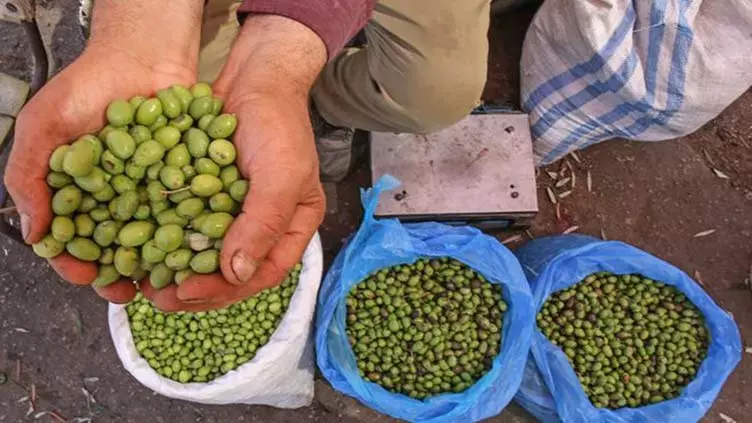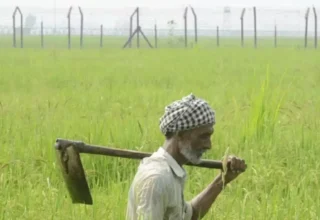
BEIJING, July 25(ABC): As one of the main olive producing areas in China, the processing industrial chain in Fujian Province is still far from perfect.
The supply of high-quality olives is in short supply; besides, the by-product market also contains unlimited potential. Namely, the market space is huge.
In the future, if we can introduce excellent olive varieties from countries along the Belt and Road, including Pakistan, and carry out planting and processing technology exchanges with them, undoubtedly it will be a win-win situation,” noted Chen Rui, General Manager of Fujian Baihejiang Industrial Development Co., Ltd., in an exclusive interview. Edible olives are rich in nutrients, providing protein, carbohydrates, fat, vitamin C, calcium, phosphorus, iron and other minerals.
Its content of vitamin C is 10 times that of apples and 5 times that of pears and peaches. Pakistan, which has a large area of land suitable for growing olive trees, can produces about 1,500 tons of olive oil and 830 tons of table olives per year, all of which are consumed domestically.
Now, Pakistan is the only South Asian country to be included in the International Olive Council. Farhan Pasha, the science officer in charge of the olive program at the Barani Agricultural Research Institute, told that the main areas in Pakistan fit for olive cultivation are Balochistan, KPK and Punjab, etc. Pakistan has 10 million acres of land suitable for olive cultivation, which is almost twice as much as Spain, the world’s largest olive oil producer.
Nevertheless, the cultivation and processing of edible olives in Pakistan is facing a series of challenges, which also brings opportunities for agricultural cooperation between China and Pakistan in this field.
According to Farhan Pasha, Pakistani olive growers often need to use costly imported fertilizers or pesticides when faced with pests and diseases, but this is beyond the purchasing power of most ordinary farmers.
Therefore, if China provides effective measures to increase production or control pests and diseases, this will be the most ideal result. Chen put forward a specific plan for this, Biopesticides are our best choice due to ordinary pesticides may cause soil hardening or pesticide residues.
Even the most common biological materials such as well-proportioned ginger and pepper spray can have a very good sterilizing and insecticidal effect. In terms of pest control, we use breeding beneficial insects, such as ladybugs, to kill pests.

























